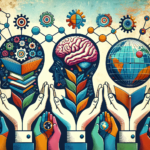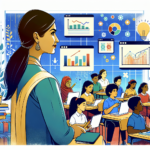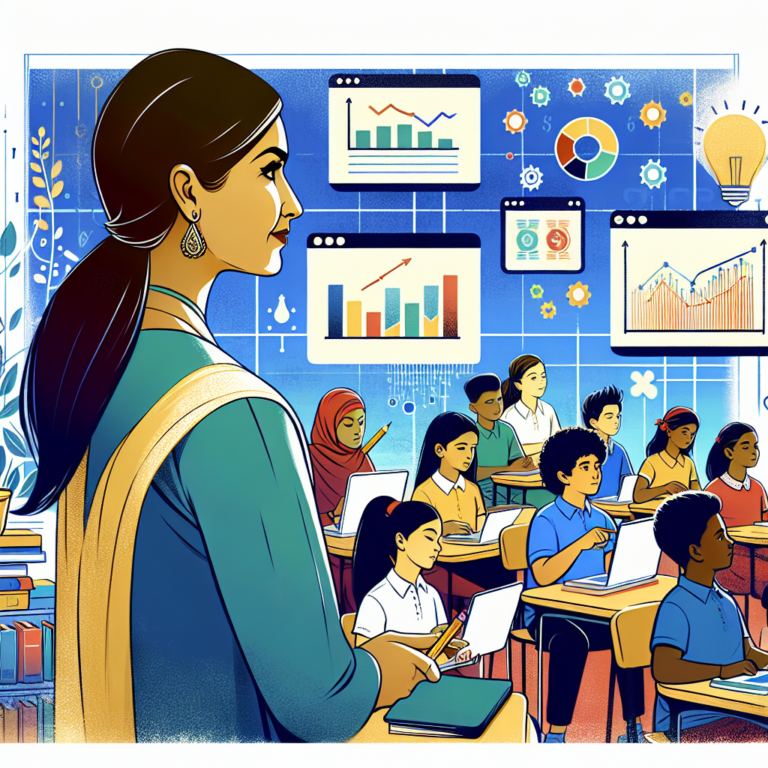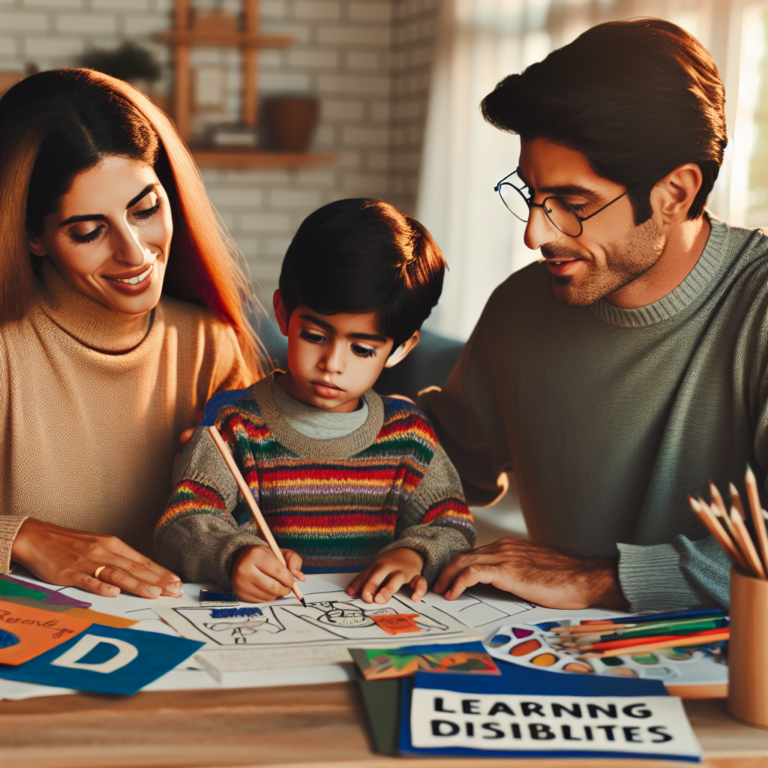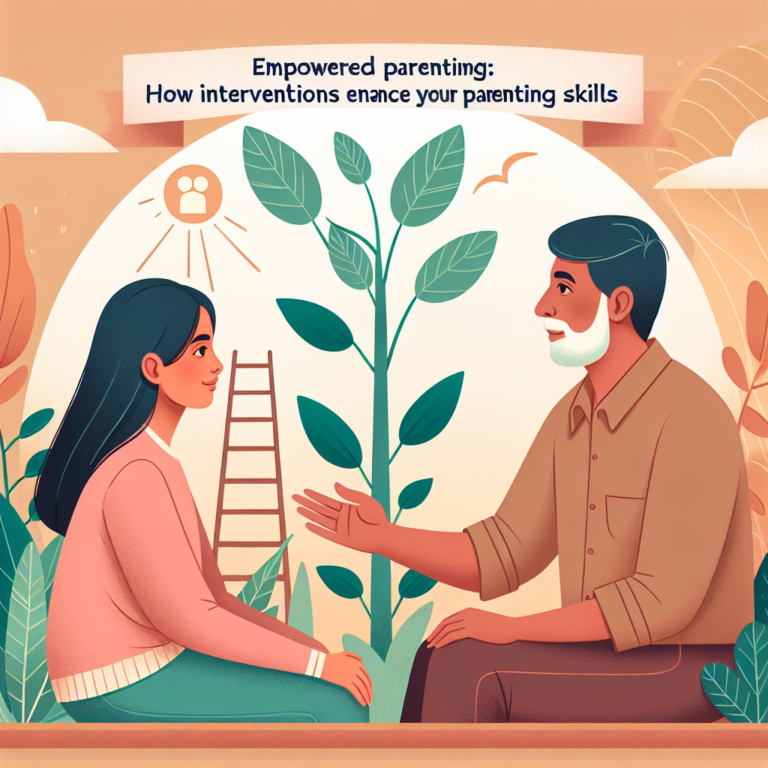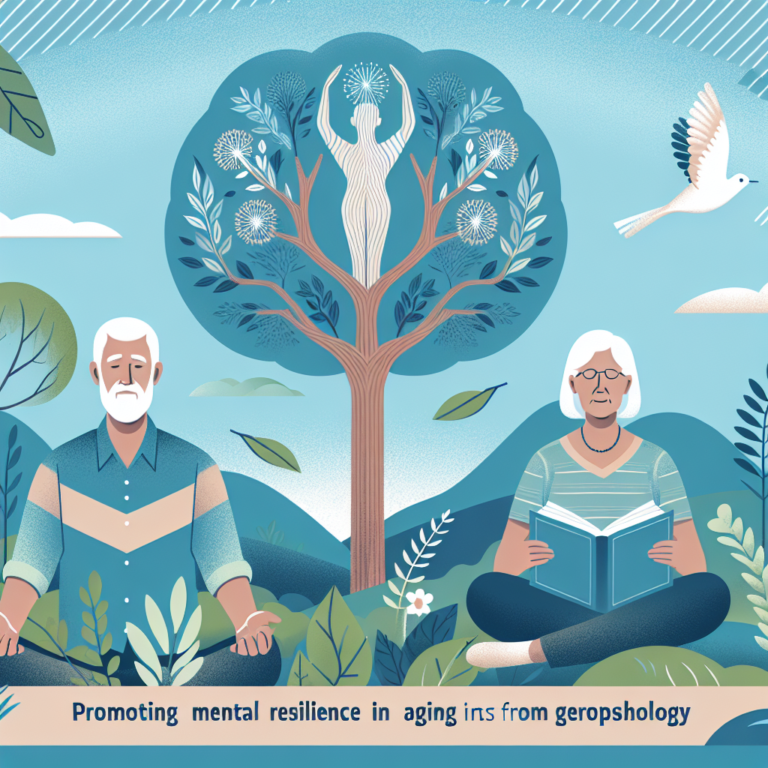
Introduction
In a rapidly evolving job market, the quest for fulfilling and sustainable career choices has never been more crucial. Finding the right fit isn’t just about salaries or benefits; it’s about aligning a career with one’s skills, interests, and values. This is where vocational assessments come into play, acting as essential tools for individuals seeking clarity in their career paths. Understanding your innate strengths and preferences can be the key to unlocking a satisfying professional life. In this article, we’ll explore Finding the Right Fit: How Vocational Assessments Guide Career Choices and delve into the transformative impact these assessments can have on your career trajectory.
The Importance of Career Alignment
Understanding Your Unique Profile
When discussing Finding the Right Fit: How Vocational Assessments Guide Career Choices, it’s vital to understand that each individual has a unique blend of interests, values, and skills. Vocational assessments help crystallize this profile, making it easier to identify careers that resonate with one’s personal identity.
- Case Study: Take Sarah, a college graduate with a love for helping others but unsure whether to dive into healthcare, education, or social work. A vocational assessment revealed her strong interpersonal skills and passion for compassion-driven work, guiding her toward social work—where she’s now thriving.
The Cost of Mismatched Careers
Feeling trapped in a job can significantly impact one’s mental and emotional well-being. Mismatched careers can lead to burnout, dissatisfaction, and even health issues. According to a study by Gallup, only 15% of employees worldwide are engaged in their jobs—a statistic that underlines the importance of Finding the Right Fit: How Vocational Assessments Guide Career Choices.
Data Table: Job Satisfaction Level Percentage of Workforce Engaged 15% Not Engaged 67% Actively Disengaged 18%
Types of Vocational Assessments
1. Interest Inventories
Interest inventories measure what you enjoy doing. This method is rooted in the idea that people will be more satisfied in careers that align with their interests.
- Example: The Holland Code (RIASEC) is a commonly used tool that categorizes interests into six types—Realistic, Investigative, Artistic, Social, Enterprising, and Conventional.
2. Personality Assessments
Understanding personality types can be an eye-opening experience in Finding the Right Fit: How Vocational Assessments Guide Career Choices. Assessments like the Myers-Briggs Type Indicator (MBTI) offer insights into how one’s personality may fit various work environments.
- Case Study: John took the MBTI and discovered he was an Introverted, Sensing, Feeling, and Judging (ISFJ). This profile fitted him well for a career in human resources, where he enjoys structured tasks and helping others.
3. Skills Assessments
Skills assessments evaluate both hard and soft skills, giving individuals a clear picture of their competencies.
- Example: A skills gap analysis can reveal whether a person needs to pursue further training or education to excel in their desired career.
4. Values Assessments
Understanding your core values can be pivotal in making career decisions. Tools like the Values Assessment from the Professional Association of Resume Writers can help individuals identify what matters most to them in the workplace.
- Case Study: Emily valued work-life balance and creativity. After taking a values assessment, she chose to become a freelance graphic designer, aligning her career with her personal values.
How to Choose the Right Vocational Assessment
Tailoring Your Approach
Not all assessments are created equal. Depending on your current situation—be it a recent graduate, a career changer, or someone reentering the workforce—it is crucial to choose assessments that meet your unique needs.
Identifying Your Goals:
- Are you looking for a complete career overhaul, or do you just want to explore new opportunities within your field?
Researching Assessment Types:
- Consider the different types of assessments and reflect on which aspects resonate with you personally.
- Seeking Professional Guidance:
- Consider consulting with a career counselor who can recommend assessments tailored to your specific circumstances and aspirations.
Real-World Applications of Vocational Assessments
Case Study Analysis
Anna’s Journey to Becoming a Teacher
Anna always had an affinity for teaching but was hesitant to pursue it as a career. She took a comprehensive career assessment that evaluated her interests, skills, and values. Results showed her natural aptitude for communication and a strong desire to impact others’ lives positively. After following the assessment’s guidance, she enrolled in a teacher training program and is now a highly respected educator.
Analysis
Anna’s case exemplifies how vocational assessments can guide individuals toward realizing their dreams and potential.
Tom’s Shift to Software Development
Tom felt stifled in his career as a marketing manager. After taking a coding boot camp, he realized he had a knack for problem-solving and a passion for technology. A vocational assessment further confirmed his skills in analytical thinking aligned with software development roles.
Analysis
Tom’s story highlights the importance of adapting one’s career trajectory according to personal insights gained from assessments, demonstrating the significance of Finding the Right Fit: How Vocational Assessments Guide Career Choices.
Challenges and Limitations of Vocational Assessments
While vocational assessments offer numerous benefits, they are not without limitations:
Over-Reliance on Results:
- Using assessments as definitive answers without considering other aspects of one’s life can lead to misguided choices.
Static Nature of Results:
- Interests and skills can evolve over time; a one-time assessment may not be sufficient for making long-term career choices.
- The Human Element:
- Every career has experiences that cannot be quantified. Vocational assessments should be used as a guide, not a rulebook.
Conclusion
Finding the Right Fit: How Vocational Assessments Guide Career Choices is not just a catchphrase; it’s a comprehensive approach to achieving job satisfaction and personal fulfillment. Assessments provide invaluable insights that can steer individuals toward meaningful career paths. However, the journey does not end with taking a test. It’s about integrating these insights into your broader career strategy.
Actionable Insights to Inspire You:
- Don’t Rush the Process: Take your time in exploring various assessments.
- Stay Open to Change: Your career journey is dynamic; adjust as needed based on personal growth.
- Seek Mentorship: Surround yourself with individuals who can guide and support you through your career choices.
FAQs
1. What are vocational assessments, and how do they work?
Vocational assessments are tools designed to help individuals understand their skills, interests, and values to guide their career choices. They typically involve self-report questionnaires and quizzes focused on various aspects of personal and professional life.
2. Are vocational assessments reliable?
While no assessment is infallible, reputable vocational assessments are based on established psychological principles and can provide valuable insights. They should, however, be used as one part of the decision-making process.
3. How can I prepare for a vocational assessment?
Prepare by reflecting on your interests, strengths, and values beforehand. Being honest and thoughtful in your responses will yield the most accurate results.
4. Can I take more than one vocational assessment?
Yes! Many individuals benefit from taking multiple assessments as they offer varying perspectives and insights, providing a more comprehensive career profile.
5. What should I do if the assessments suggest a career I’m not interested in?
Use the results as a springboard for discussion rather than a mandate. Assessments can sometimes highlight options you hadn’t considered, but it’s crucial to pursue a path that feels right for you.
By adopting a proactive approach and leveraging the insights gained from vocational assessments, you can confidently navigate the landscape of career choices and ultimately find a fit that aligns with your true self.

